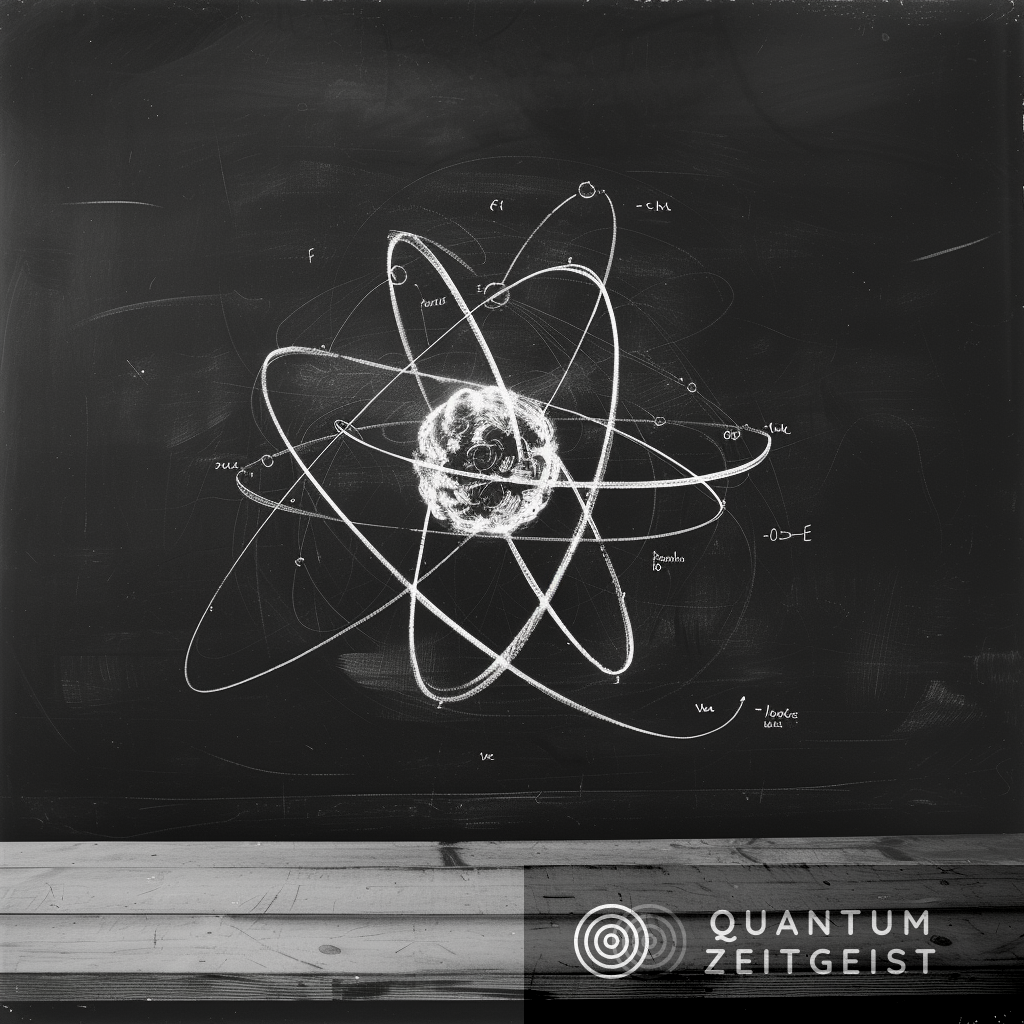Researchers Zeki Can Seskir, Simon Richard Goorney, and Maria Luisa Chiofalo conducted a study on the importance of educating the public about Quantum Technologies (QT). The study, part of the Quantum Technologies Education For Everyone (QuTE4E) project, surveyed key concepts for QT outreach.
The results suggest that core concepts of quantum mechanics should be highlighted in education efforts, but they also question whether QT is a discipline of physics, computer science, or elsewhere. The study aims to provide valuable insights for those interested in learning more about this rapidly evolving field.
Quantum Technologies Education: A Survey Study on Public Awareness
Quantum Technologies (QT) are rapidly evolving, and with this evolution comes the need for public awareness and understanding. This article presents a study conducted by the Quantum Technologies Education For Everyone (QuTE4E) project, which aimed to identify key concepts for QT outreach. The study was framed within the discipline-culture (DC) framework, which considers the cultural nuances of QT as an essential factor in education efforts.
The Rise of Quantum Technologies
The second quantum revolution has been ongoing since the late 1990s, with significant advancements in our understanding of quantum mechanics and the development of new technologies for controlling and manipulating individual quantum systems. These advancements have led to increased scientific publications, patents, and start-ups. There are at least 25 enacted national and regional initiatives on QT, with approximately $30B of public funding allocated to the field until 2030.
However, a central challenge in raising awareness of emerging technologies such as QT is reaching the public, particularly school students, when there is no standard representation of QT in national curricula. This is a crucial issue as school-age students will compose the future quantum workforce. Furthermore, even those with no future education in STEM fields will live in a society dramatically influenced by QT, and they must be accepting of and open to the changes it will bring.
Quantum Technologies Education for Everyone?
In response to this challenge, efforts are being made to communicate QT to the public through various means such as experimental demonstrations, artistic expressions, games and interactive tools, and other novel methods. The Quantum Technologies Education For Everyone (QuTE4E) project, a pilot of the Quantum Technology Education (QTEdu) community initiative, ran for one year between Autumn 2021 and 2022. The project aimed to unite the community and draw on the diverse knowledge, interests, experiences, and resources of its participants to pioneer a new approach to outreach called Physics Outreach Research (POR), based in the field of QT.
The Discipline-Culture Approach to Quantum Concepts and Technologies
An interesting aspect of QT is its unique “culture”, particularly with respect to the Quantum Physics which underlies it. This unique culture is a core part of every scientific discipline, all of which are characterised by their own narratives. This interpretation forms the basis of the Discipline-Culture (DC) framework, which organises scientific fields into three components: the Nucleus, the Body, and the Periphery.
In the context of non-formal education, the DC framework has been proposed as the backbone to a narrative approach, culturo-scientific storytelling, which takes participants on a journey through the DC, with benefits for engagement and the development of futures thinking skills. The goal of non-formal education is to introduce students and the public to the discipline-culture, familiarising them with the language of the field, and thus reducing the risk of hype and misinformation associated with misinterpretation of its culture via misuse of field-specific language.
Survey Study on Key Quantum Concepts for Public Awareness
The QuTE4E project was surveyed to determine the Stakeholders, Opportunities, Problems, Solutions, and Concepts for Quantum Outreach. The findings of the essential Quantum concepts needed in informal education activities were introduced, and a classification scheme was presented, which may be used by educators and practitioners to inform what they choose to reach. As the need for informal education in QT increases and outreach events increase in both number and diversity, this study may help developers and practitioners to increase their impact in this critical field.
The concepts of superposition, measurement, quantum state, qubit, and entanglement are the top five slots. Meanwhile, more QM-heavy concepts such as spin, quantization, Bell test, tunneling, and quantum optics ranked rather low. Complexity theory, a CS-heavy concept, is also ranked the least helpful concept.

